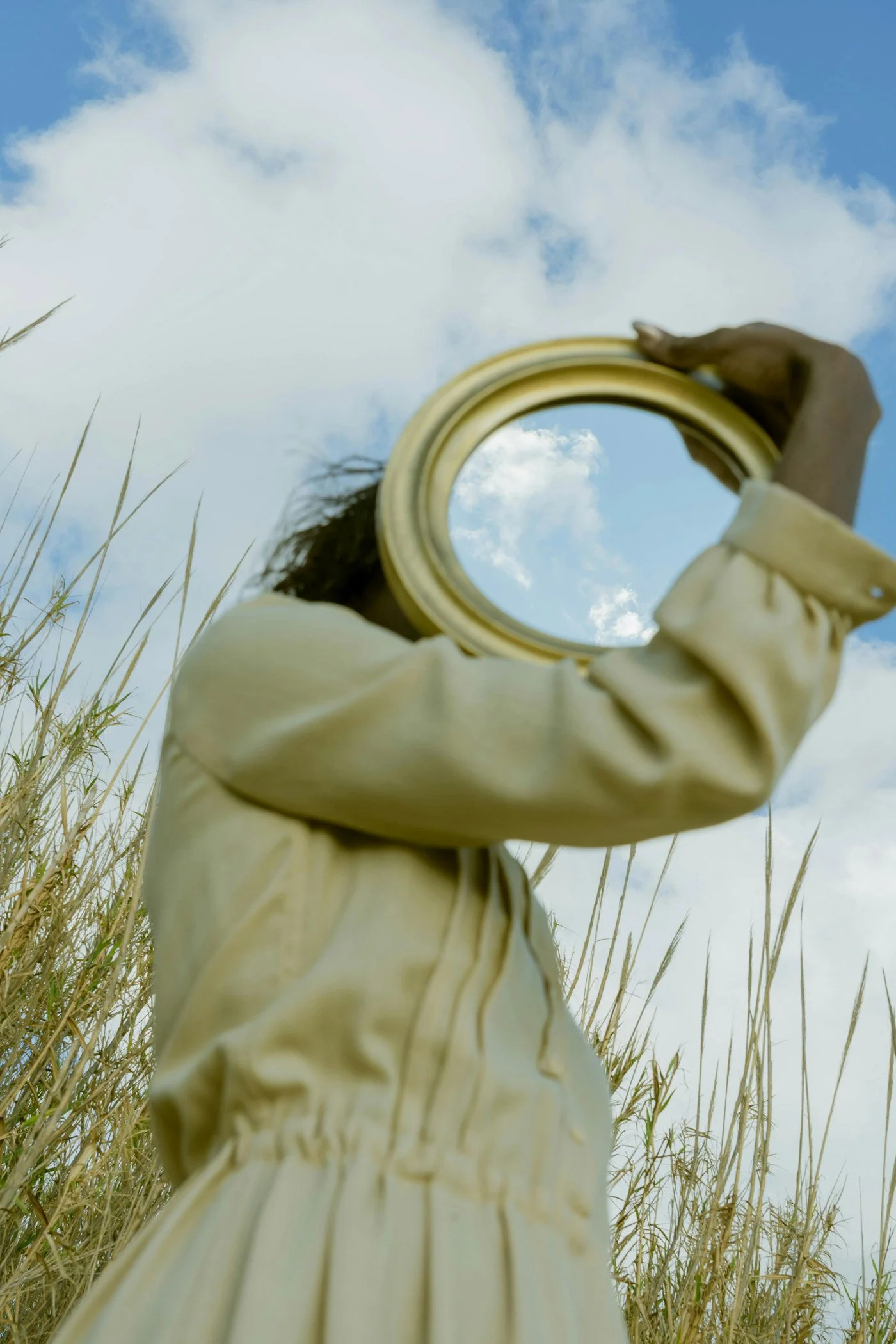Who Are You, Really?
When most people are asked, “Who are you?” the answers that come forward are surface-level descriptors:
“I’m a mother,” “I have two degrees,” “I love to dance.”
These tell us what someone does, or the roles they hold, but they don’t tell us much about who they are. These are the safe answers, the ones we’ve been conditioned to give. They’re tidy and easy, but they don’t scratch the surface of who we are. Very few people say, “I’m someone who longs to be chosen,” or “I’m someone who is still learning to trust myself.” Yet those truths, the vulnerable truths as I like to call them, are the ones that live just under the surface and are often much closer to who we really are than any title or credential.
I think part of the problem is that we aren’t taught how to answer the question. We grow up learning how to perform—how to be good students, good employees, good friends, good partners. We know how to tick boxes and recite roles, but not how to name the more intimate realities of our inner life. To say out loud the things that ache in us, the parts of ourselves that feel fragile, or even the qualities we quietly love about ourselves—this requires a different kind of language, one most of us never inherited.
In my work as a therapist, I see again and again how people struggle when they’re invited to answer beyond the surface.
It feels like unfamiliar territory. But if we can stay with that discomfort, if we can begin to ask ourselves, Who am I beneath what I do? Who am I when no one is watching?—we start to discover a truer sense of self. And that kind of knowing changes everything: the way we show up in relationships, the way we navigate grief, even the way we meet our own reflection.
Who we truly are lives in a deeper place. It is revealed not just in titles, preferences, or accomplishments, but in the patterns and truths that emerge from our lived experiences—our wounds, our relationships, our defenses, and our longings.
For example, I might say:
Because I was bullied, I take my friendships very seriously and hold high expectations of them.
Because I’ve experienced betrayal, I am cautious in new relationships and slow to trust.
Because of my inconsistent relationship with my mother, I learned that I need to work hard to earn love (My relationship with my mother is repaired now❤️.
I’ve recognized in myself the tendency to please others, which means I need to stay mindful of putting myself second. I caretake easily.
Because I was bullied, I am very sensitive to being excluded from things.
These aren’t just confessions; they are reflections of who I am. They speak to how my history has shaped the way I navigate connection, belonging, safety, and love. They’re not random personality quirks—they’re core truths.
Knowing these parts of myself doesn’t mean I’m defined only by wounds. It means I’m awake to the forces that have shaped me. This awareness strengthens my relationship with myself and helps me move through the world with more clarity and safety. I can recognize my patterns, protect myself, and also choose differently.
And this is the heart of my work as a therapist: to help others move past surface-level identity and into this deeper, more honest knowing of themselves. Because once you know these truths, you can stop living unconsciously from them and begin to live more intentionally with them.
Who we are is not static—it’s not a résumé, a personality quiz, or a neat list of likes and dislikes. Who we are is dynamic, relational, and deeply tied to our lived history. We are the stories of what shaped us, the tendernesses we carry, and the ways we’ve learned to move through a complicated world.


